Regulation
Agency Doubles Down On Denying Exchange’s Rulemaking Petition
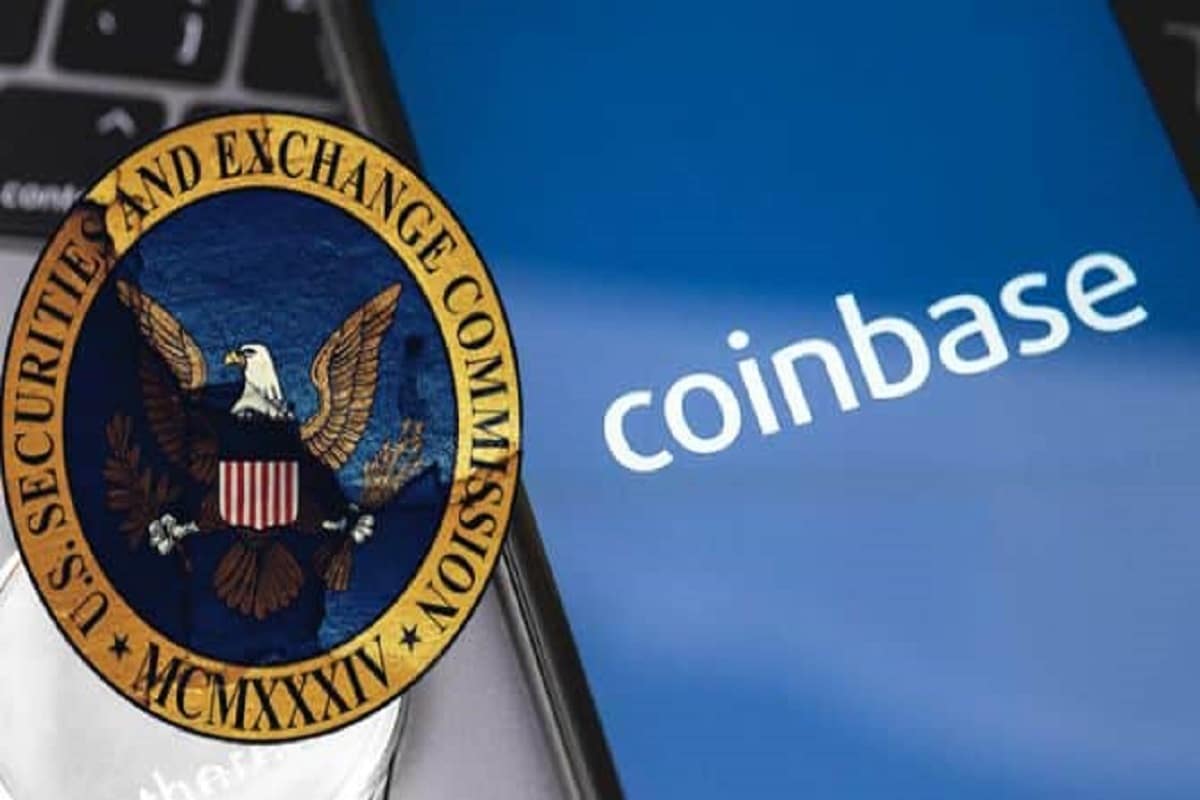
Amid the legal dispute between crypto exchange giant Coinbase, Inc. and the Securities and Exchange Commission (SEC), tensions have escalated. As the Coinbase vs SEC lawsuit escalates, the regulatory agency reaffirmed its decision to reject CEX’s petition for rulemaking. This comes shortly after the SEC also opposed Coinbase’s interlocutory appeal.
SEC’s Arguments Against The Coinbase Petition
At the heart of the dispute lies Coinbase’s petition for the SEC to overhaul existing securities regulations and establish a new regulatory framework tailored specifically for crypto asset securities. The exchange argued that the current regulatory landscape is “unworkable” for crypto assets. Moreover, it also cited difficulties in compliance and the need for a more comprehensive approach to regulation.
However, the SEC remained steadfast in its position, according to the latest filing. It defended the existing regulatory framework, which has been meticulously crafted over decades. Furthermore, the agency noted that the frameworks continues to effectively protect investors, maintain market integrity, and facilitate capital formation.
In addition, the Commission emphasized that courts have consistently applied existing securities laws to crypto asset securities. It also pointed to ongoing regulatory initiatives and competing priorities as reasons for denying Coinbase’s petition.
One of the key contentions raised by Coinbase was the assertion that fair notice required rulemaking, particularly in light of perceived changes in the SEC’s authority over crypto asset securities. The exchange argued that enforcement actions taken by the Commission signaled a need for clarity and specificity in regulatory guidance.
However, the SEC dismissed these claims, maintaining that its authority remains unchanged and that enforcement actions are distinct from the rulemaking process. In response to Coinbase’s argument that the Commission’s explanation for denying the petition was insufficient, the SEC defended its decision. The agency stated that it had provided a reasoned explanation in accordance with the Administrative Procedure Act.
Moreover, the Commission underscored its careful consideration of Coinbase’s petition and its determination that the requested rulemaking was not warranted at the present time. In addition, the SEC affirmed that they’ll seek “proper remedy” if the court disagrees with their stance.
Opposition To Interlocutory Appeal
Coinbase’s Chief Legal Officer, Paul Grewal, has once more criticized the SEC for its inconsistency. This time, he’s focused on the SEC’s opposition to Coinbase’s request for an Interlocutory Appeal. This follows a previous denial of Coinbase’s Motion to Dismiss (MTD).
The SEC, led by Gary Gensler, has opposed Coinbase’s appeal, arguing that the Court should reject it. Coinbase’s appeal is based on discrepancies in a 1946 U.S Supreme Court case that the SEC frequently references. It particularly spotlights the classification of assets as investment contracts.
This Coinbase vs SEC dispute stems from the Howey Test, a contentious measure for crypto innovators. However, Grewal highlighted the SEC’s contradictory arguments, pointing to similar appeals in the Ripple Labs lawsuit where the SEC’s stance differed.
Grewal emphasized the importance of honesty between the regulator and Coinbase. He called for genuine dialogue, noting the lack of consensus even among district judges in the same courthouse regarding the application of the Howey Test to digital assets.
The presented content may include the personal opinion of the author and is subject to market condition. Do your market research before investing in cryptocurrencies. The author or the publication does not hold any responsibility for your personal financial loss.
Regulation
Ripple Whales Move $429 Million, What Is Going On?

Ripple whales have been highly active in recent hours, transferring large amounts of XRP tokens between unknown wallets. In total, 267,857,140 XRP, which, at the time of writing, was approximately $572,238,240, was transferred. These large XRP whales are believed to have a connection to Ripple’s ongoing legal battle and its on-demand liquidity (ODL) sales.
These massive transactions were potentially triggered by the decision of the SEC to lift the injunction against institutional sales for Ripple recently. As a result, Ripple can now proceed with its ODL business, likely contributing to the recent surge in large-scale XRP transfers.
Ripple Whales Move $572 Million
Whale Alert, has recently reported a flurry of XRP transfers. Four transactions were executed within a short span, and every swap was equal to 66,964,285 XRP, which amounts to about $143 million. These huge transactions have elicited quite a stir among the members of the crypto space regarding their size and the frequency.
While the reason behind the transfers is still uncertain, a large volume of XRP moving to unknown wallets could be tied to Ripple’s operations. Given that these moves occurred after the SEC has decided to remove the injunction on Ripple’s institutional sales, a correlation between Ripple’s liquidity management and institutional sales has emerged.
Such large movements have also attracted the attention of the market observers to think that Ripple may be gearing up for expansion of its ’on-demand liquidity’ solution. This could explain why this wave of whale is being observed today based on the firm’s capacity to continue with these institutional sales.
Ripple Legal Victory and Influence on XRP Transactions
Ripple’s legal situation with the U.S. Securities and Exchange Commission (SEC) has been a key factor influencing the company’s operations. Recently, as part of Ripple’s decision to drop its cross appeal against the SEC, the Commission agreed to remove the injunction that had previously restricted Ripple from conducting institutional sales of XRP. This decision paves the way for Ripple to resume its on-demand liquidity services, a core part of its business.
This movement should help Ripple expand the availability of liquidity solutions and its penetration in the international markets. The absence of the injunction will allow Ripple to transact with more XRP with institutional clients, which may be fueling the whale activities.
Subsequently, since Ripple’s ODL platform focuses on large XRP transactions, whales are likely to be engaged in this kind of activity as they provide liquidity. At the same time, Coinbase Derivatives has submitted new applications with the U.S. Commodity Futures Trading Commission (CFTC) to self-certify XRP futures contracts.
XRP Price Trend Amid Whale Movements
XRP’s recent market behavior also reflects these developments, with the cryptocurrency showing signs of strength. According to crypto analyst Casi Trades, after reclaiming the $2.05 support level, XRP price trend has set its sights on the next key resistance level at $2.24.
This level is particularly significant, as it aligns with both the macro and micro wave structures of XRP’s price movements.
Experts are keeping a close eye on XRP’s price action, with some predicting that the currency could break out of its current resistance levels and potentially reach new highs. The next levels to watch include $2.70, $3.05, and eventually $3.80, which could mark a new all-time high for XRP price.
Disclaimer: The presented content may include the personal opinion of the author and is subject to market condition. Do your market research before investing in cryptocurrencies. The author or the publication does not hold any responsibility for your personal financial loss.
Regulation
US SEC Acknowledges Fidelity’s Filing for Solana ETF
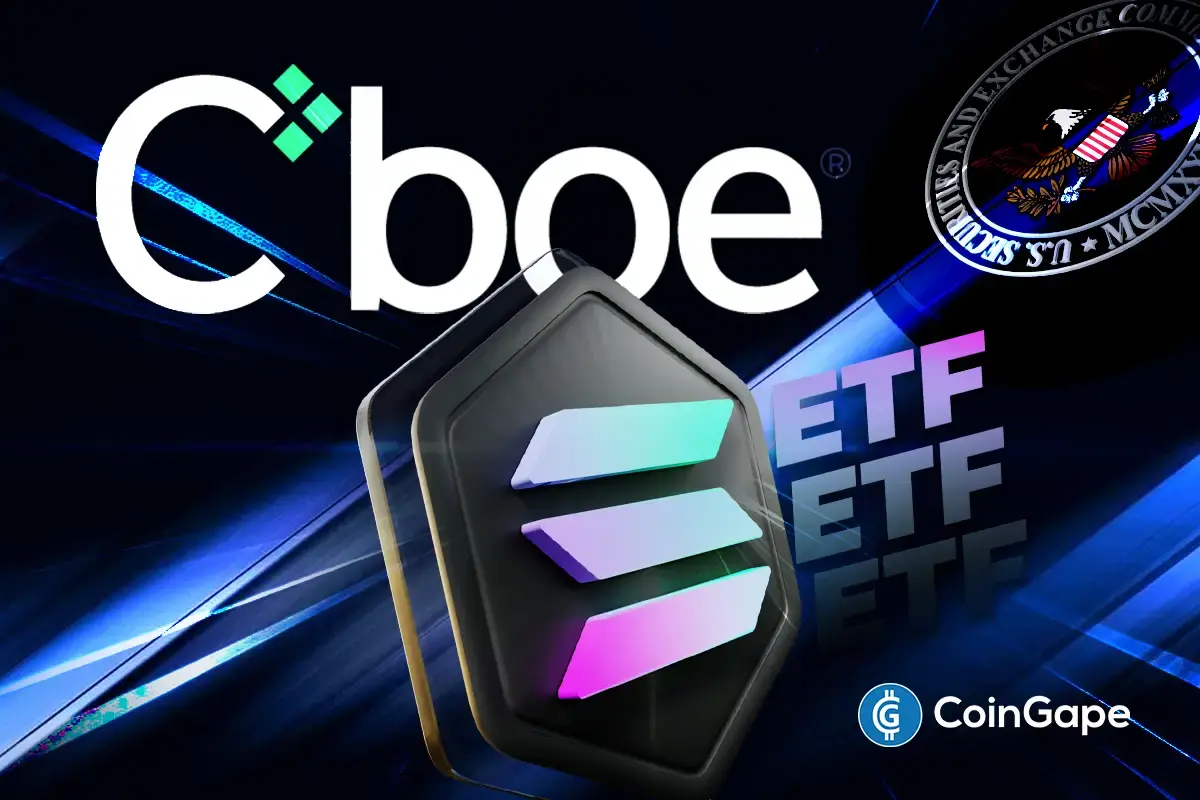
The U.S. Securities and Exchange Commission (SEC) has formally acknowledged the filing for Fidelity’s spot Solana (SOL) Exchange-Traded Fund (ETF).
This marks a key development in the financial industry, as Fidelity seeks to list its Solana ETF on the Cboe BZX Exchange. The acknowledgment comes after Fidelity submitted a proposed rule change, paving the way for the potential approval of the product.
Fidelity’s Spot Solana ETF Proposal
The SEC’s acknowledgment follows Fidelity’s filing to list and trade shares of the Fidelity Solana Fund under the Cboe BZX Exchange. The proposed rule change, initially submitted on March 25, was later amended on April 1, 2025, to clarify certain points and add additional details.
The amended proposal aims to list the Solana ETF under BZX Rule, which pertains to commodity-based trust shares. According to the Cboe BZX Exchange, Fidelity plans to register the shares with the SEC through a registration statement on Form S-1.
Fidelity’s experience with crypto ETFs, having launched the Fidelity Wise Origin Bitcoin Fund (FBTC) and the Fidelity Ethereum Fund (FETH), has prepared it for this new initiative. FBTC has drawn substantial interest, accumulating nearly $17 billion in assets, while FETH currently manages around $975 million.
This Is A Developing News, Please Check Back For More
Disclaimer: The presented content may include the personal opinion of the author and is subject to market condition. Do your market research before investing in cryptocurrencies. The author or the publication does not hold any responsibility for your personal financial loss.
Regulation
US Senate Banking Committee Approves Paul Atkins Nomination For SEC Chair Role
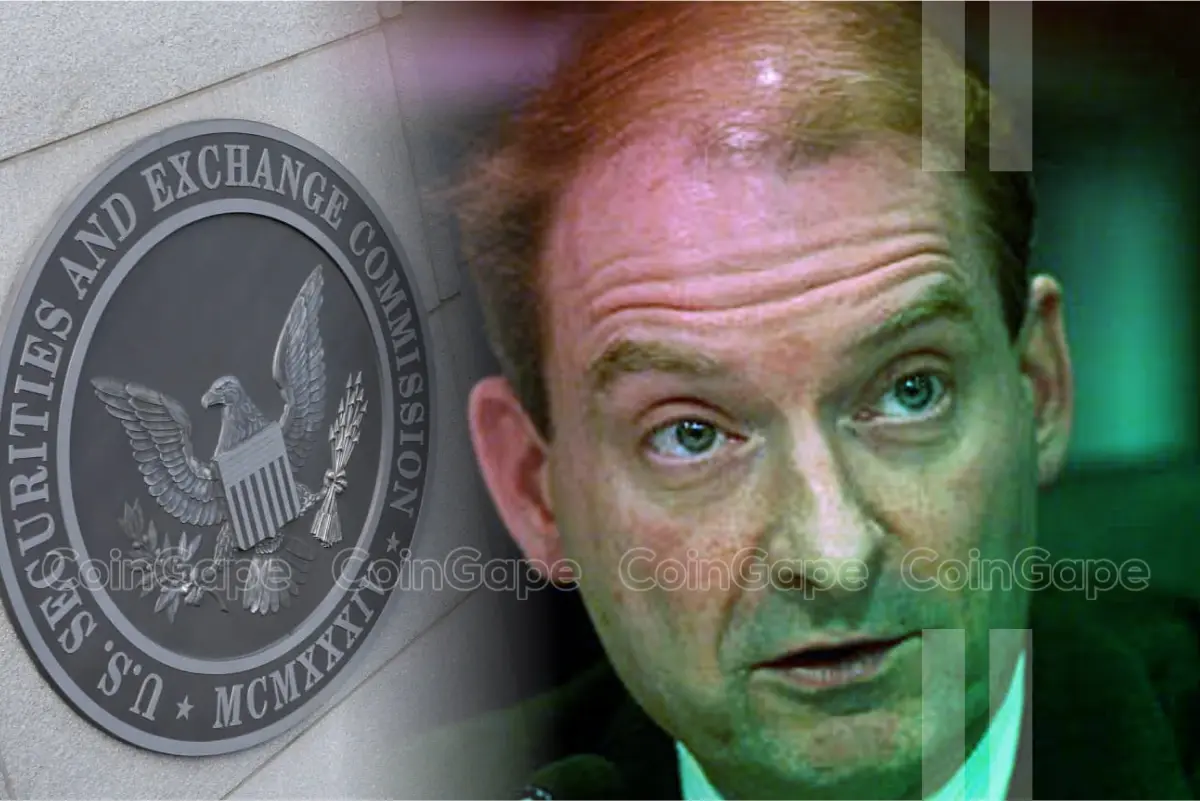
The U.S. Senate Banking Committee has voted to approve Paul Atkins’ nomination for the role of Chair of the Securities and Exchange Commission (SEC). The vote, which took place on Thursday, passed with a narrow margin of 13-11, along party lines.
Paul Atkins, nominated by President Donald Trump, now moves one step closer to taking over the top regulatory position at the US SEC.
Senate Banking Committee Approves Paul Atkins Nomination
Paul Atkins’ nomination for SEC Chair has received approval despite sharp opposition from Democratic members of the Senate Banking Committee. The vote was entirely split, with Republicans supporting Atkins and all Democrats opposing the decision.
This partisan divide highlights the contentious nature of Atkins’ confirmation, which had been under scrutiny for several reasons.
The committee’s approval now clears the path for Atkins to proceed to the full Senate for a final confirmation vote. Given the Republican-controlled Senate, it is widely expected that Atkins will secure the necessary votes to take over the SEC leadership. With Republicans holding a 53-47 majority in the Senate, the confirmation process is anticipated to move forward swiftly.
This Is A Developing News, Please Check Back For More
Disclaimer: The presented content may include the personal opinion of the author and is subject to market condition. Do your market research before investing in cryptocurrencies. The author or the publication does not hold any responsibility for your personal financial loss.
-

 Bitcoin21 hours ago
Bitcoin21 hours agoBitcoin Drops as China Escalates Trade War With 34% Tariff on US
-

 Market21 hours ago
Market21 hours agoBitcoin is Far From a Bear Market But not Altcoins, Analysts Claim
-

 Market18 hours ago
Market18 hours agoWill the SEC Approve Grayscale’s Solana ETF?
-

 Market23 hours ago
Market23 hours agoStandard Chartered Calls for Bitcoin Push Above $88,500
-

 Bitcoin20 hours ago
Bitcoin20 hours agoWhy Bitcoin Is Gaining Appeal Amid Falling US Treasury Yields
-
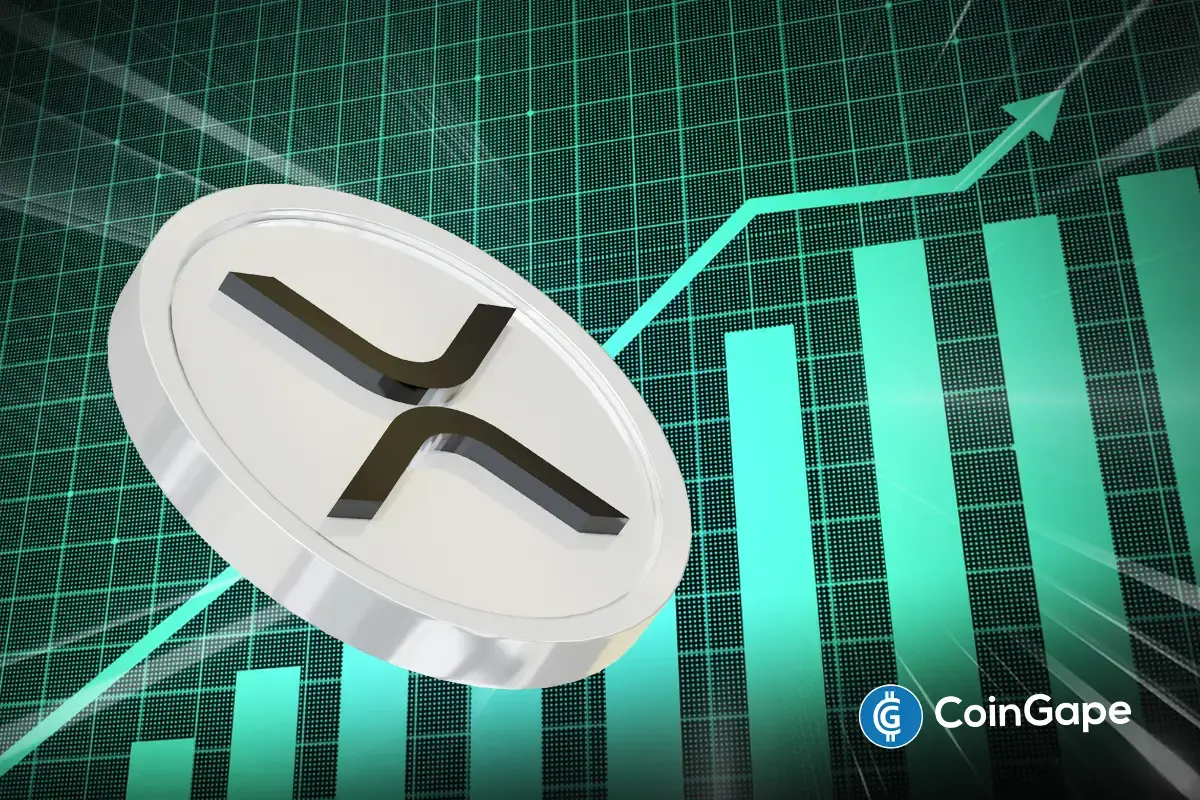
 Altcoin13 hours ago
Altcoin13 hours agoAnalyst Predicts XRP Price To Reach Double Digits By July 21 Cycle Peak
-

 Market19 hours ago
Market19 hours agoXRP Price Vulnerable To Falling Below $2 After 18% Decline
-
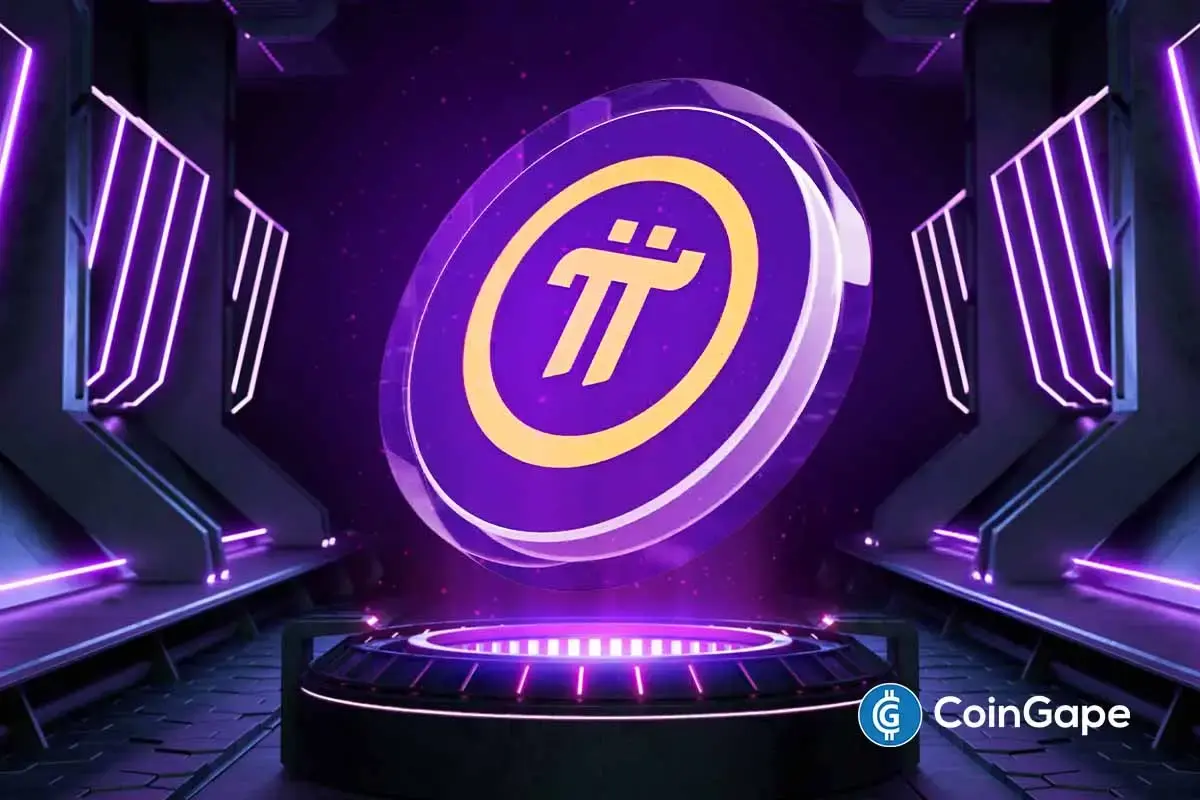
 Altcoin14 hours ago
Altcoin14 hours agoPi Network Under Fire As PiDaoSwap Launches NFTs On Binance Chain




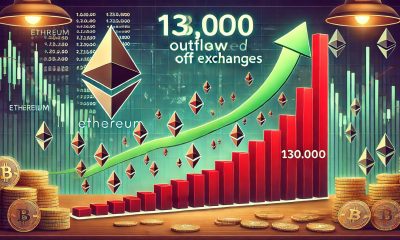



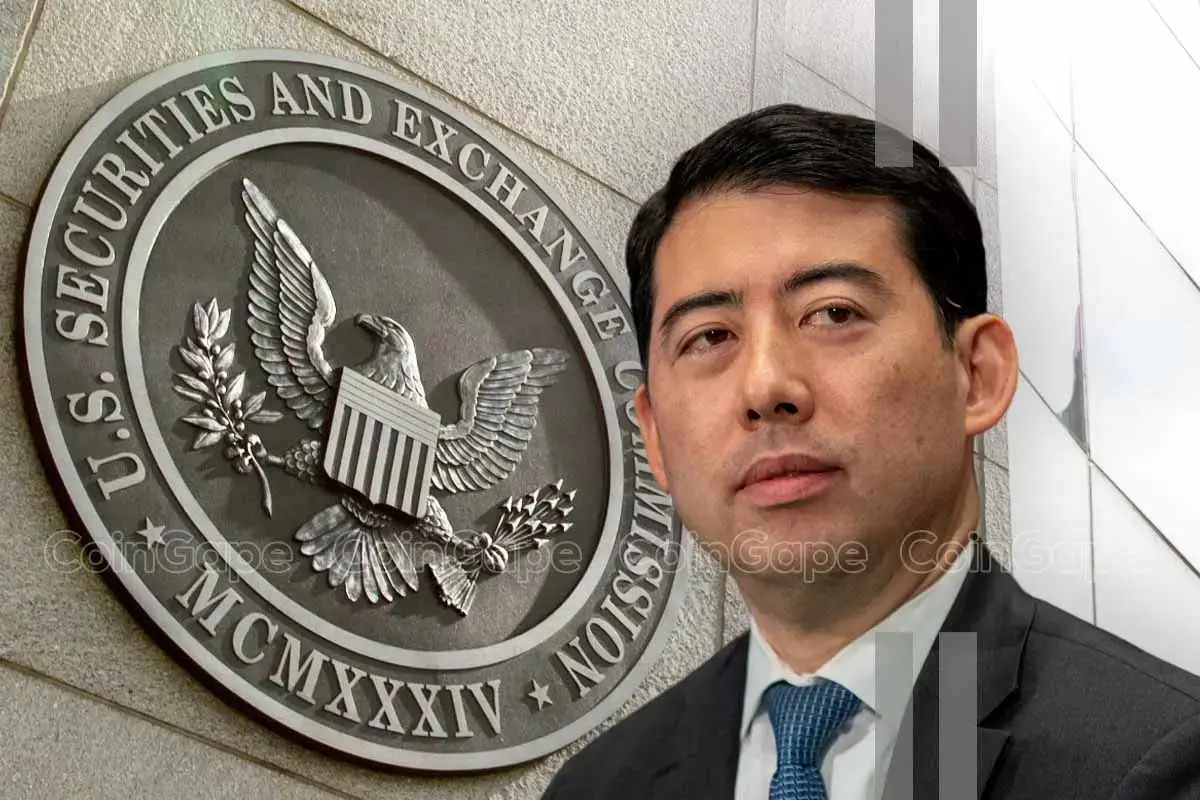




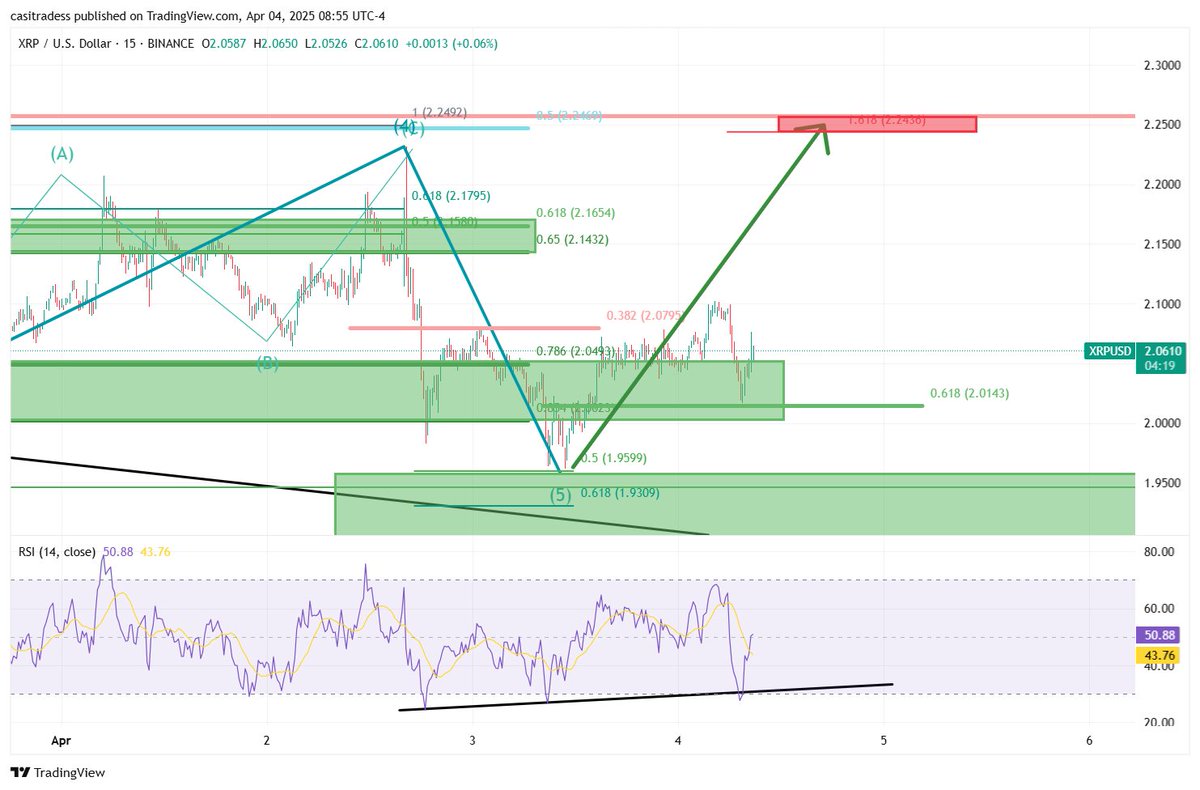



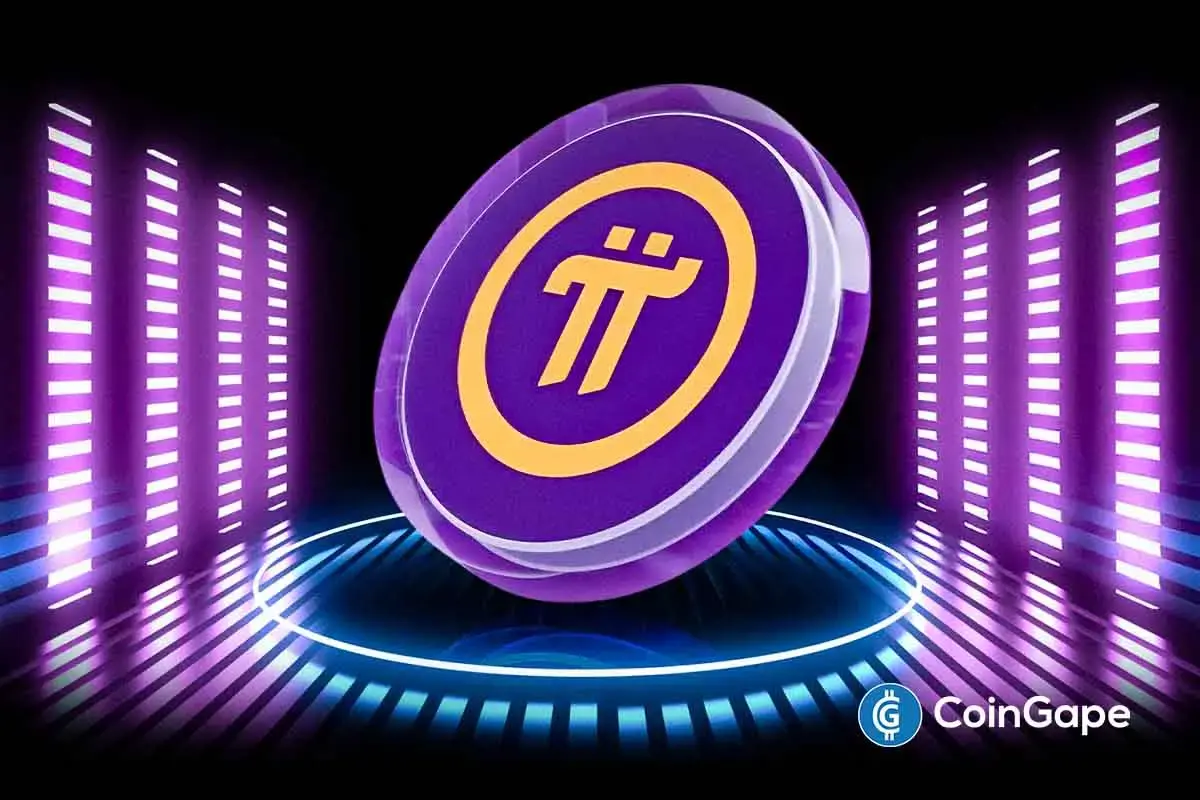







✓ Share: